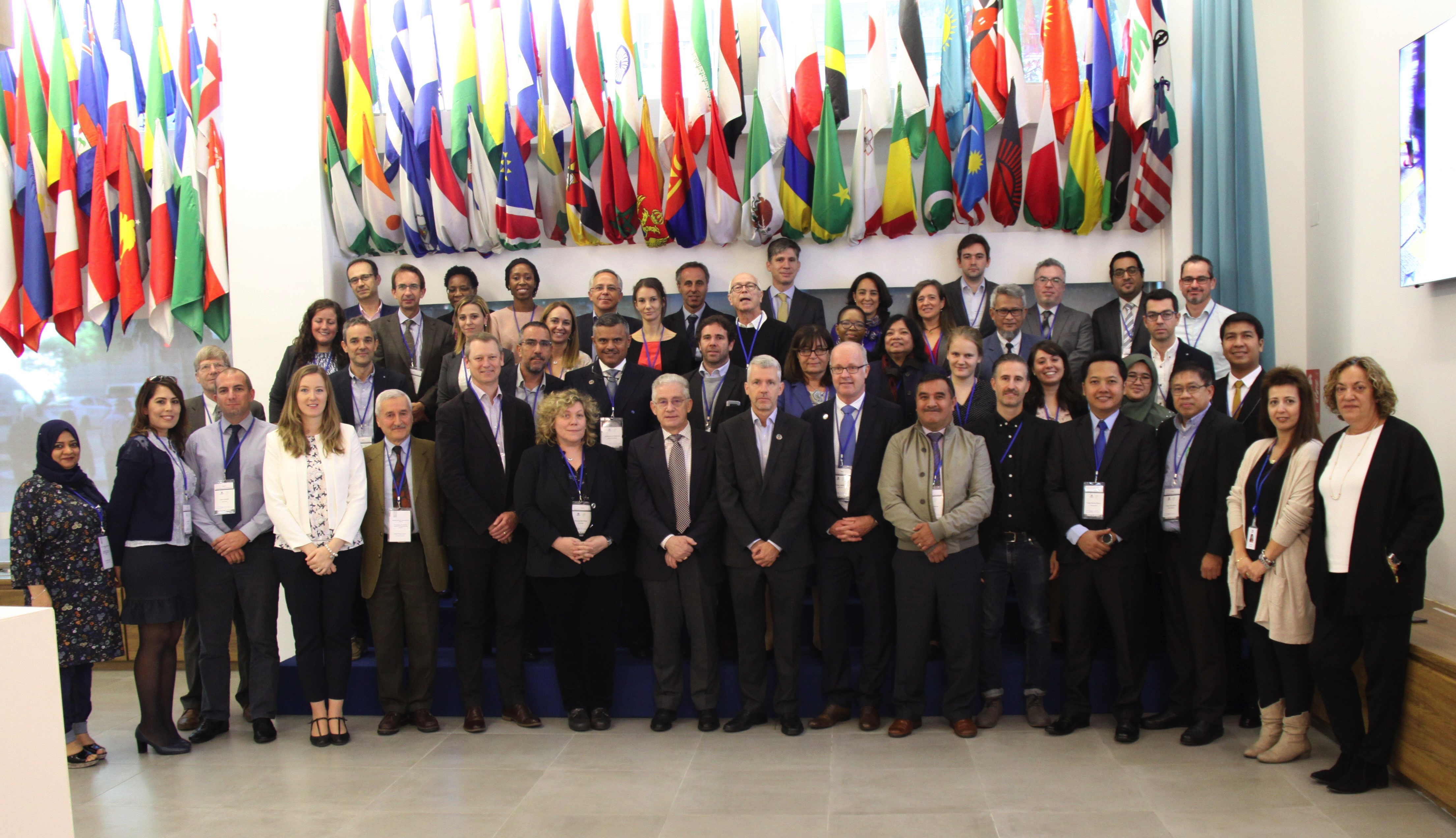

WTTC applauds Senators Blunt and Warner on their commitment to Travel & Tourism
Today, the leaders of the World Travel & Tourism Council (WTTC) joined and applauded Senators Roy Blunt (R-MO) and Mark Warner (D-VA) for their commitment to Travel and Tourism and its role in creating jobs and driving economic growth in the United States.
The two Senators jointly met with the 30-strong Executive Committee of the WTTC as part of its annual meeting in Washington, DC on October 30th. The Senators discussed the role of Travel & Tourism in the United States – the world’s biggest Travel & Tourism economy. Furthermore, the group discussed:
- Continuing support for inbound international travel and for Brand USA, America’s destination marketing organization;
- Deploying biometric technologies to ensure safe, efficient and seamless cross-border travel;
- Opportunities to maximize the industry’s economic potential by promoting job training and apprenticeship programs.
Commenting on the event, Gloria Guevara, President & CEO, WTTC, said: “I would like to thank Senators Roy Blunt and Mark Warner for the time they have devoted to the WTTC Executive Committee. Their leadership on critical Travel & Tourism issues in the United States Senate is commendable and will help drive our mission forward.”
“We are truly living in a Golden Age of Travel, with nearly 77 million international visitors to the United States last year who spent a record-setting $251 billion,” said Chris Nassetta, Chairman of WTTC and President and CEO of Hilton.
“Senators Warner and Blunt have been great champions of Travel & Tourism because they understand the positive economic impact our industry has had on their states and the country as a whole.”
WTTC represents the global leaders of private sector Travel & Tourism companies which between them account for two-thirds of a trillion US dollars in turnover; its Executive Committee consists of the Chairs, Presidents and CEOs from companies from across the world.

UNWTO: Sustainability set to shape new standard of tourism statistics
The World Tourism Organization’s (UNWTO) initiative Measuring the Sustainability of Tourism (MST) received a boost last week when its working group met in Madrid (24-25 October). After successful pilot studies to produce credible and comparable data, the initiative is on track with its aim of getting the MST framework adopted as the third international standard on tourism statistics.
The group of experts creating a statistical framework for Measuring the Sustainability of Tourism met to establish the MST initiative’s major goals for 2019. The initiative is creating a draft framework for a data standard for tourism’s impact on sustainability and plans to have it adopted as the third international standard on tourism statistics by the UN Statistics Commission (UNSC).
Among the areas of discussion during the group’s meeting on 24-25 October were summarizing the pilot studies done in Germany, Philippines and Saudi Arabia to test MST’s relevance, and which have shown feasibility of the proposed framework in three different national contexts. This means the MST framework is on track to be prepared for submission as an international standard.
For 2019 the MST working group has tasked itself with refining and documenting three statistically-based tourism indicators to monitor the Sustainable Development Goals (SDGs) and their targets. UNWTO is the custodian agency of these three indicators, and coordinates the development of tourism-related indicators with countries and UN agencies. The next step will then be to present this draft framework in UNWTO’s 2019 meetings of its governing bodies.
Background to the MST framework
Statistical frameworks enable countries to produce data that is credible and comparable across countries, time periods and other standards. MST is a UNWTO-led initiative for a statistical framework for tourism, supported by UNSC since March 2017. Its roadmap was set in the 6th International Conference on Tourism Statistics, held in June 2017 in Manila, Philippines.
In order to develop tourism potential, better manage the sector, and support effective evidence-based policy decisions, there is a need to better measure tourism using high-quality official statistics covering economic, social, and environmental sustainability. MST aims to expand existing tourism measurement beyond its primarily economic dimension to also measure social and environmental dimensions.
It aims to link UNSC’s System of Environmental-Economic Accounting with the Tourism Satellite Account framework, which is one of the two existing official frameworks for measuring tourism. The other is the International Recommendations for Tourism Statistics. Both were developed and proposed to UNSC by UNWTO. A similar process is planned for MST.
